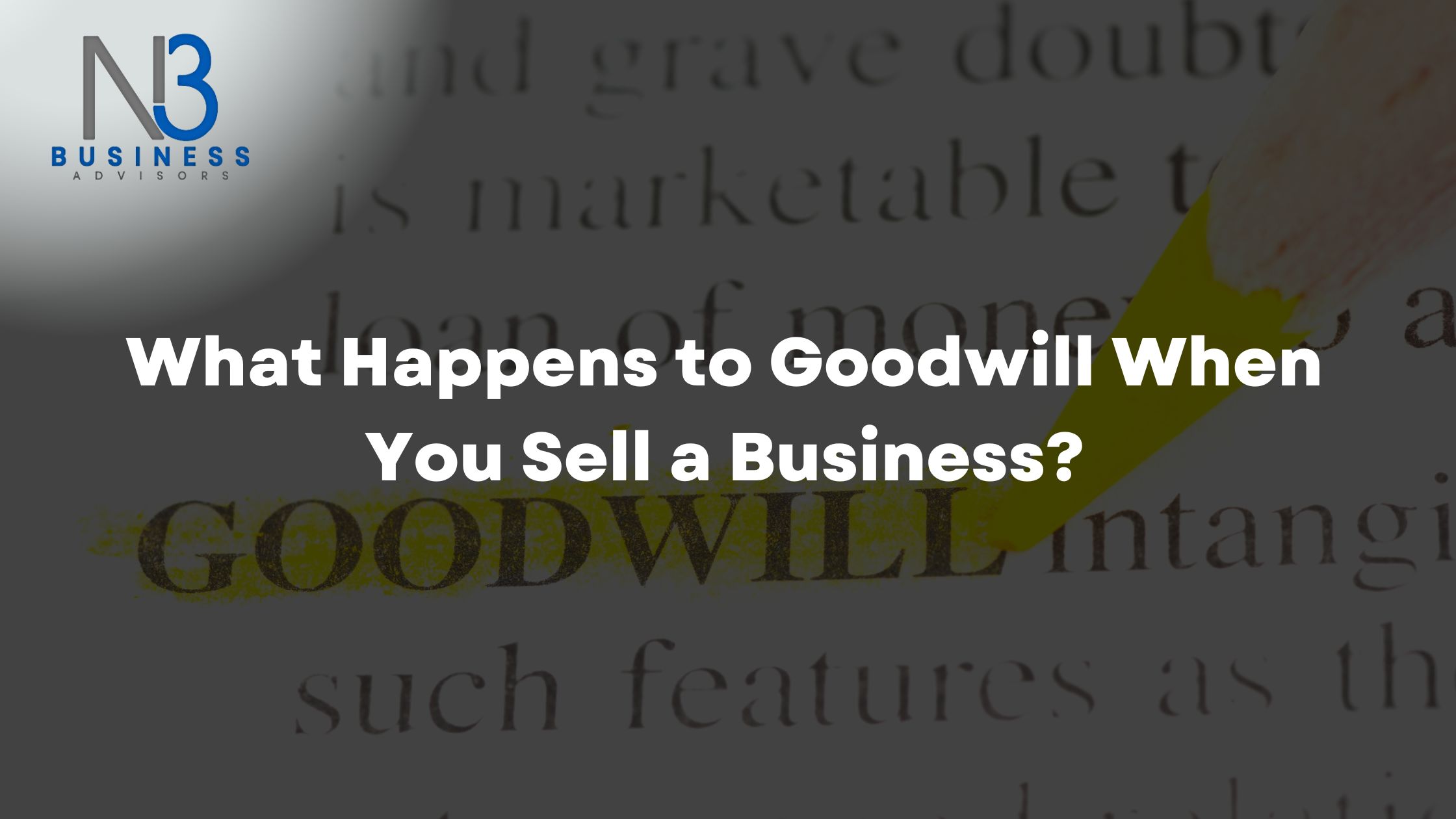When it comes to buying and selling a business, you will no doubt hear the term ’goodwill’ being mentioned during the negotiations, but what exactly is ‘goodwill’ in the business world, and how can it make or break your deal?
As a business brokerage in Victoria, we at Bendigo Business Services believe that goodwill is an often overlooked but nonetheless important element that represents the long-term value of a business, and if you want to learn more about ‘goodwill,’ we encourage you to take a few minutes of your time to read this post.
What is the definition of ‘goodwill’ in the business world?
In a business setting, ‘goodwill’ is calculated during the sales negotiations. It represents the extra value that a buyer is willing to pay when the purchase price exceeds the net value of the business’s known tangible and intangible assets. Goodwill accounts for factors that do not have a set financial value, such as
- Brand recognition
- Business reputation
- Customer loyalty
- Skilled staff and management retention
- Favourable locations
- Consistent earnings and profitability
- Sustainability of business practices
How do we calculate goodwill?
Calculating goodwill is best described as simple in principle and complex in practice. The formula used to calculate goodwill is rather straightforward, and it is
Goodwill = P – (A – L)
P is the purchase price of the company, A is the fair market value of the assets, and L is the fair market value of liabilities. It is complex in practice because we need to establish an accurate value for each element of the equation, which can be extremely difficult and tedious even for the most experienced accounting professionals, especially when businesses have not maintained proper financial records.
Let’s take a look at the equation in action with a proper example. Let’s say that you’re selling your business for $500,000 (P). The fair market value for your business is $400,000 (A) and your business has $50,000 (L) in liabilities. When we apply the equation, you will find that the goodwill value for this particular transaction is $150,000.
Goodwill = P – (A – L)
Goodwill = 500,000 – (400,000 – 50,000)
Goodwill = 150,000
Do all businesses have goodwill?
A business may not have goodwill when it can only account for physical assets and not intangible assets. This would mean that the sale price of the business would be equal to or less than the fair market value of its tangible assets. Some instances where goodwill may not be present include:
- When the business is operating at a loss
- When the business has a poor reputation and a majority of its reviews are negative
- When the business is too owner-dependent
- When the business is new and has not had enough time to build up its reputation
Conclusion
While goodwill may be invisible on the final balance sheet, its impact is very real, playing a critical role in determining the true value of a business. So the next time you are putting up or considering investing in a business for sale in Victoria, Australia, and you want to know what it’s really worth, contact us at Bendigo Business Sales.
When you choose us, you get over 30 years of business brokerage experience at your disposal, and we will make sure to help you understand what a business is really worth and guide you through the buying/selling process with clarity and precision.


